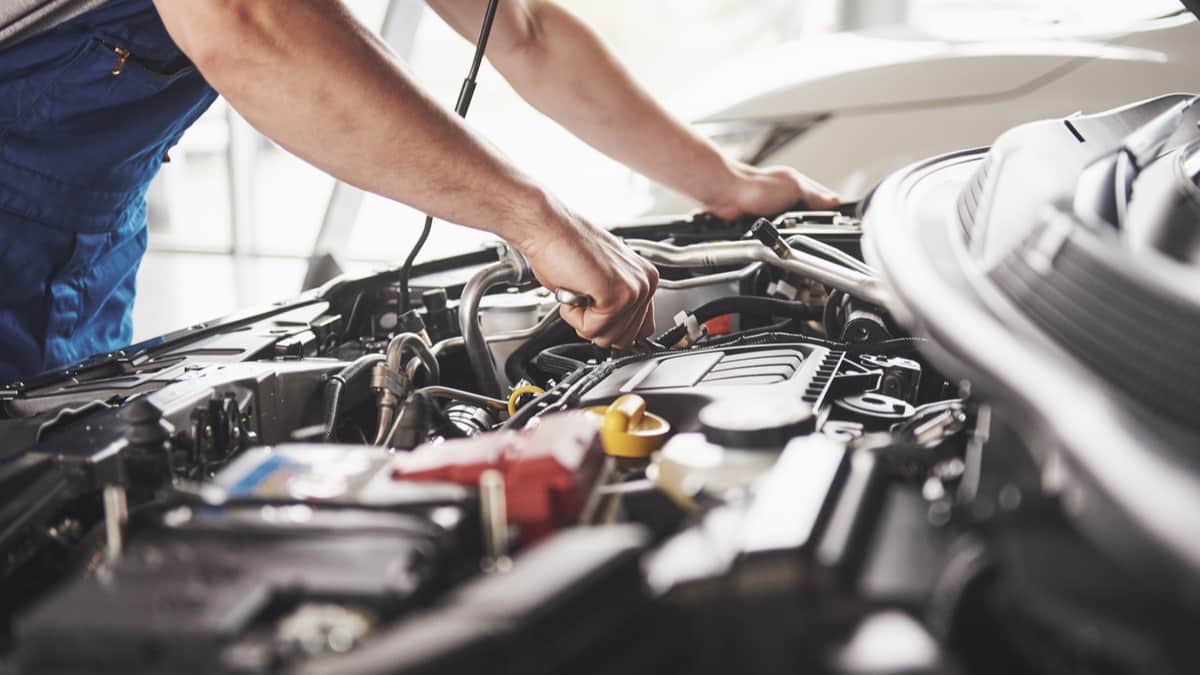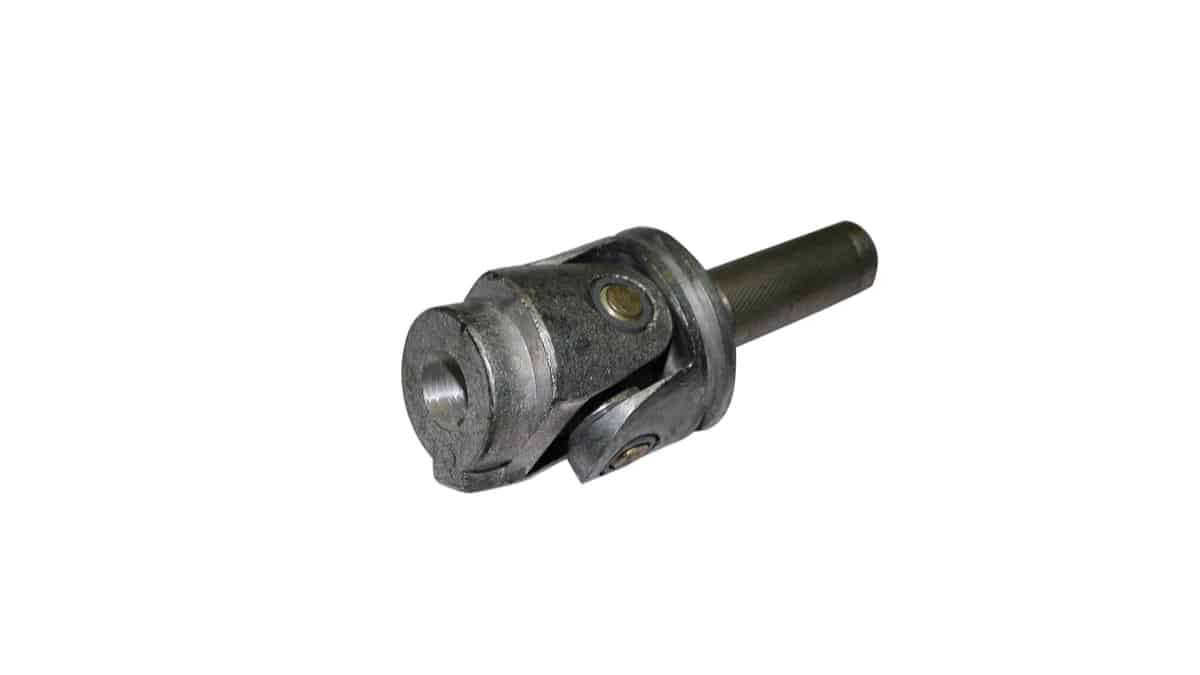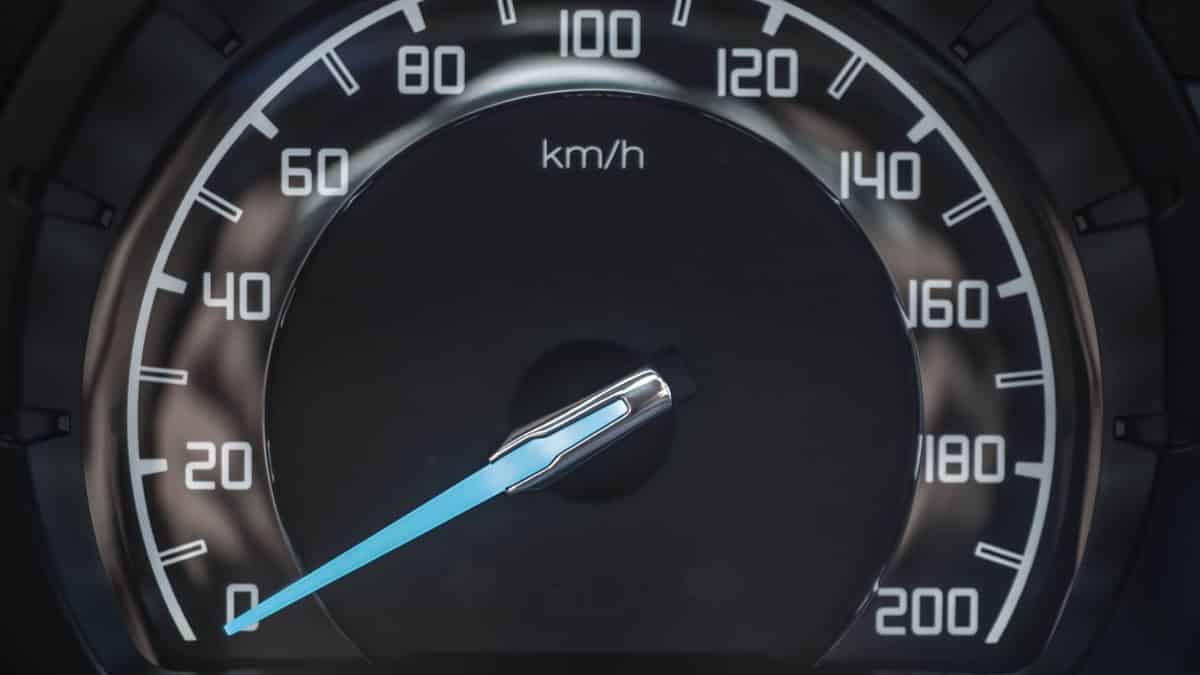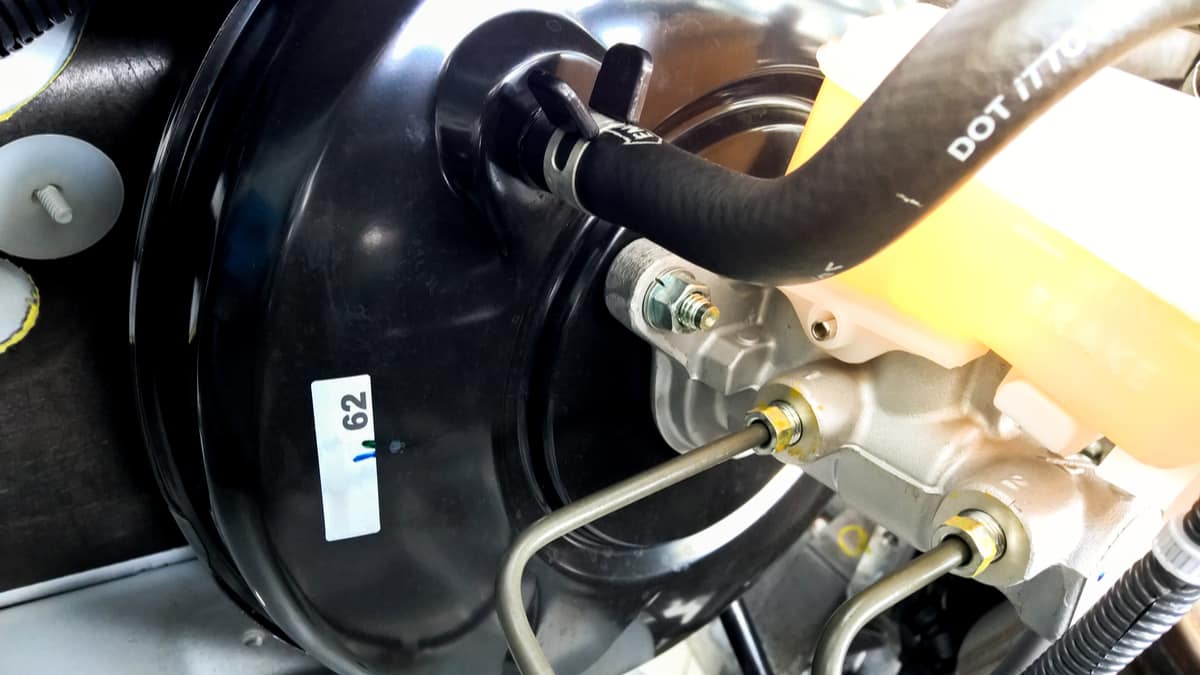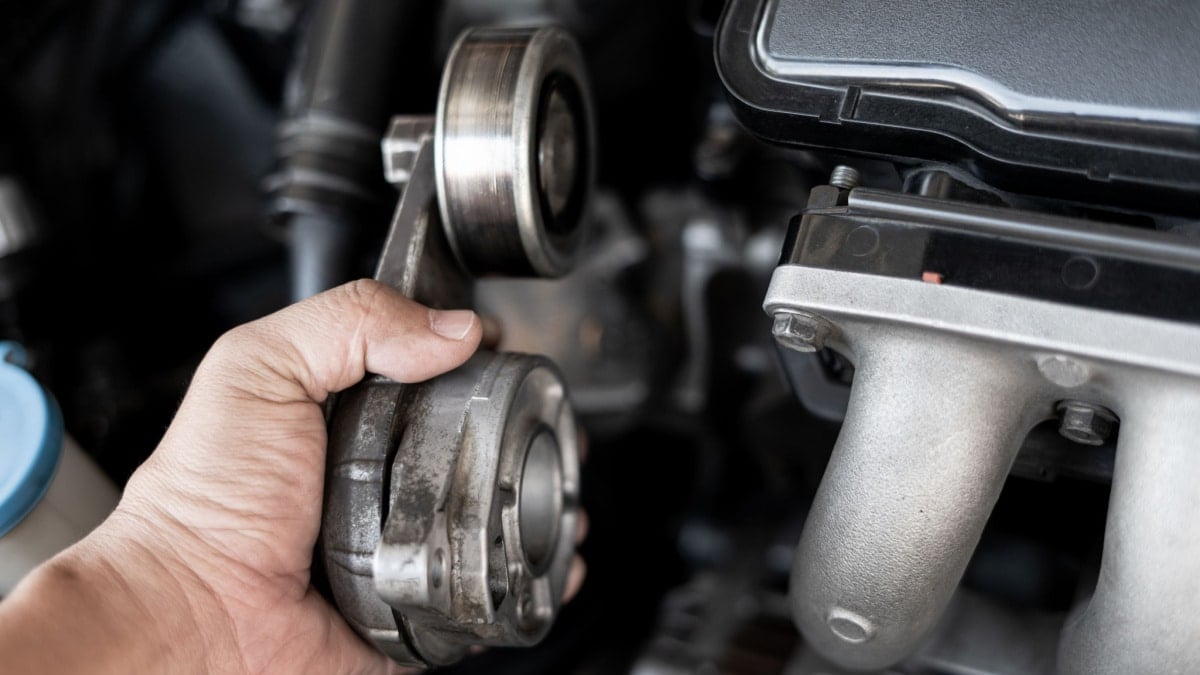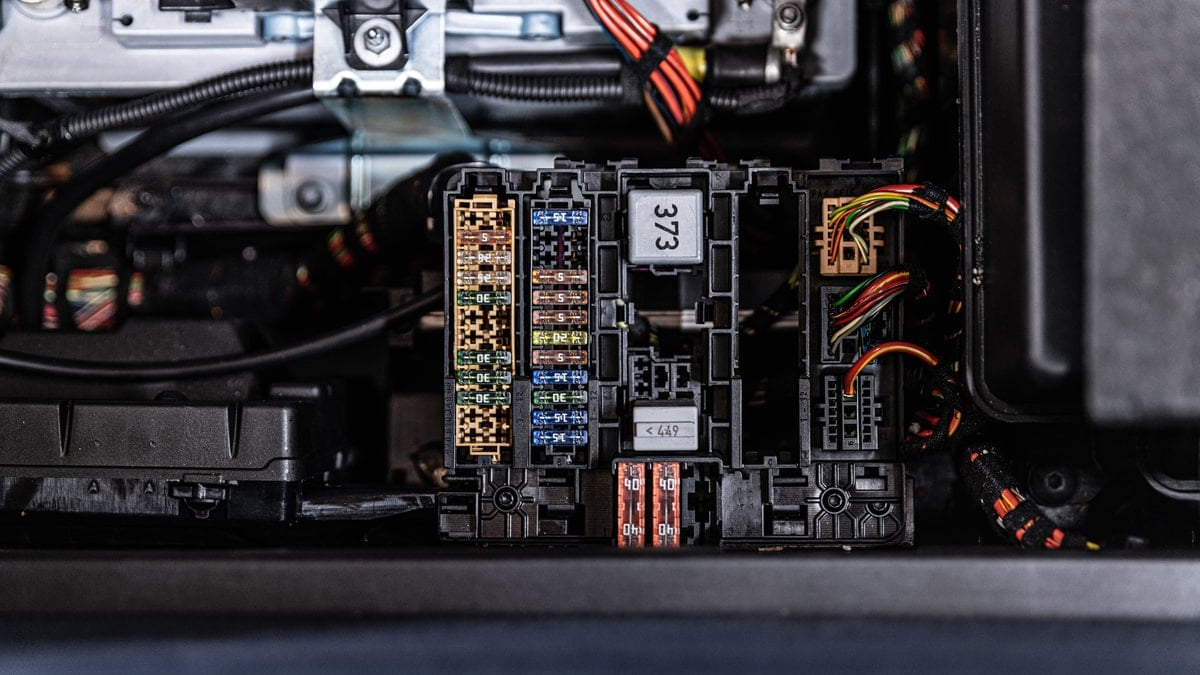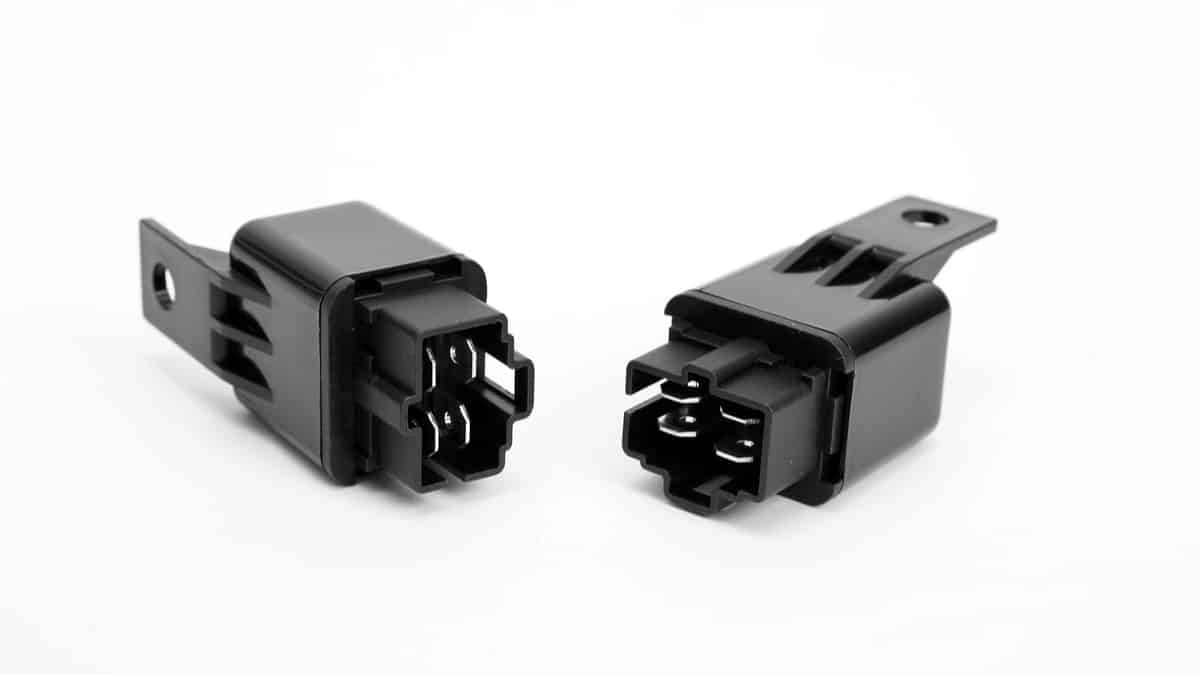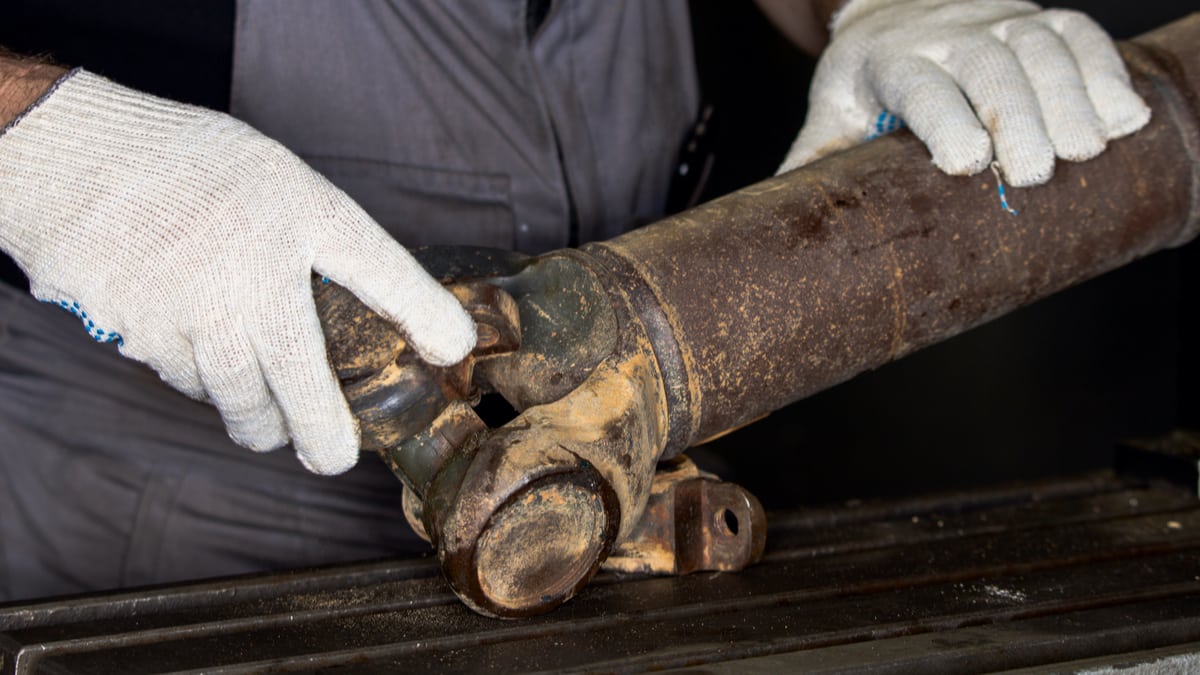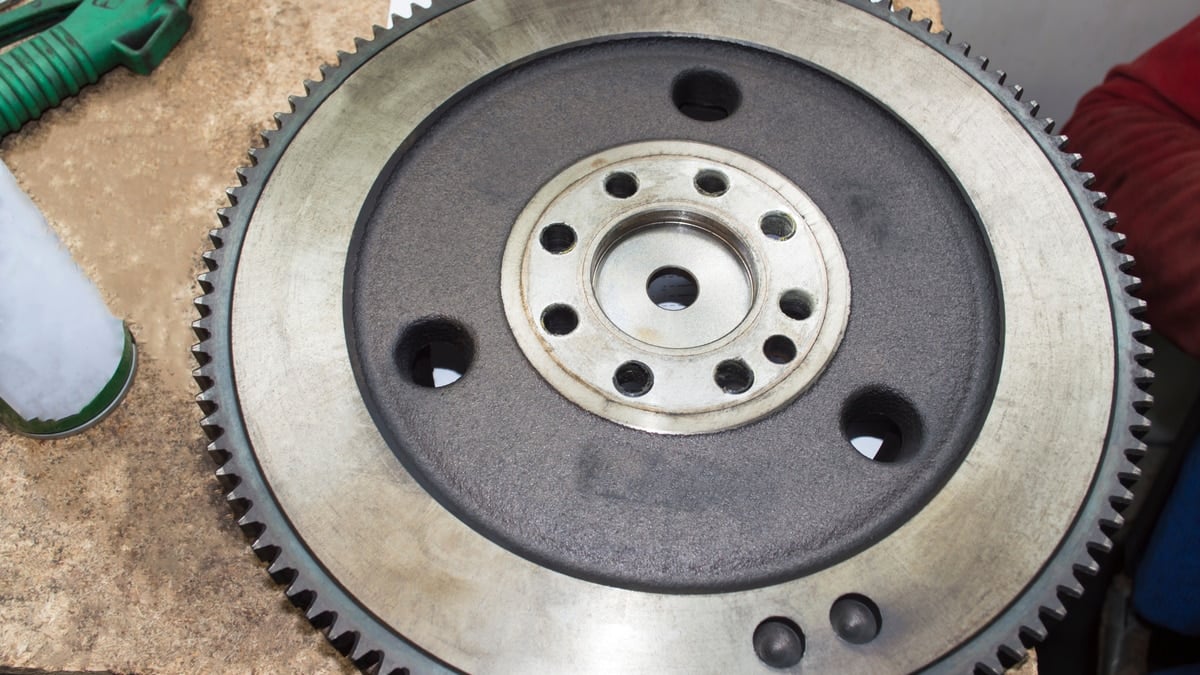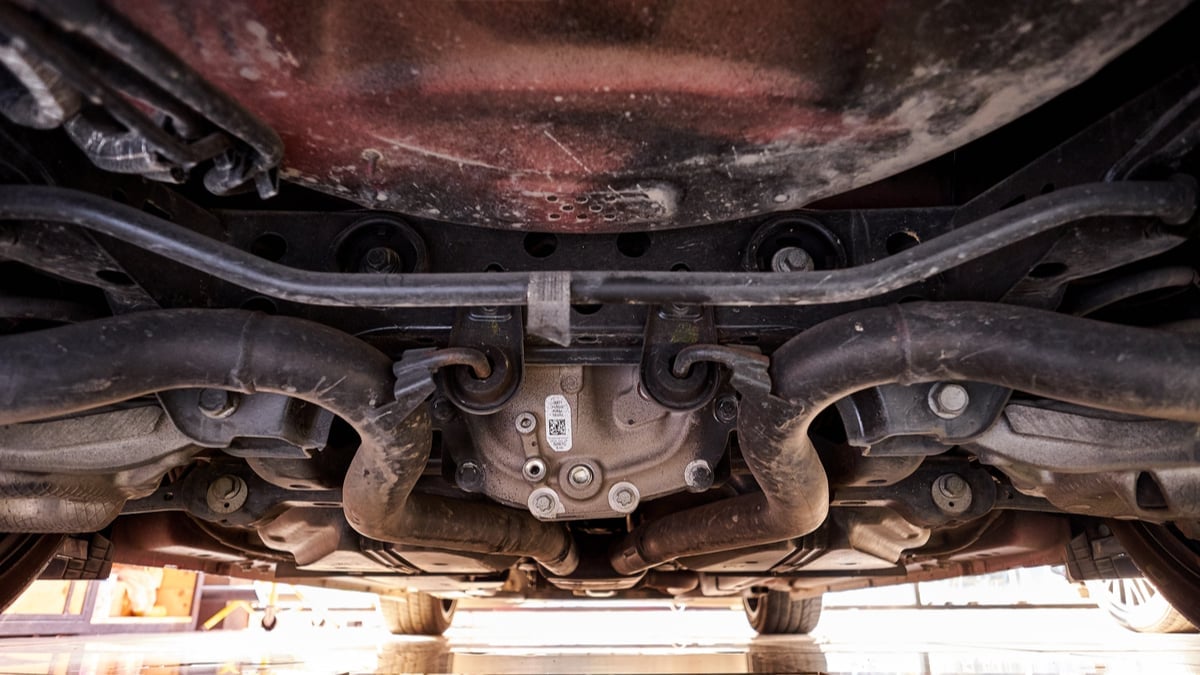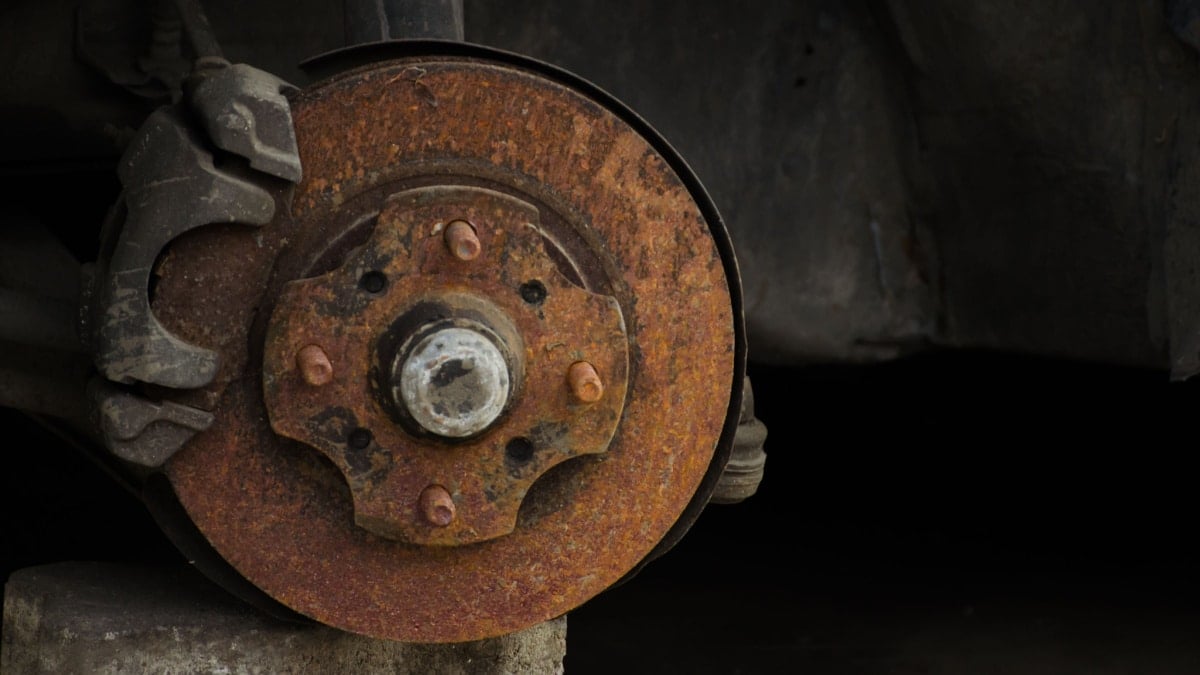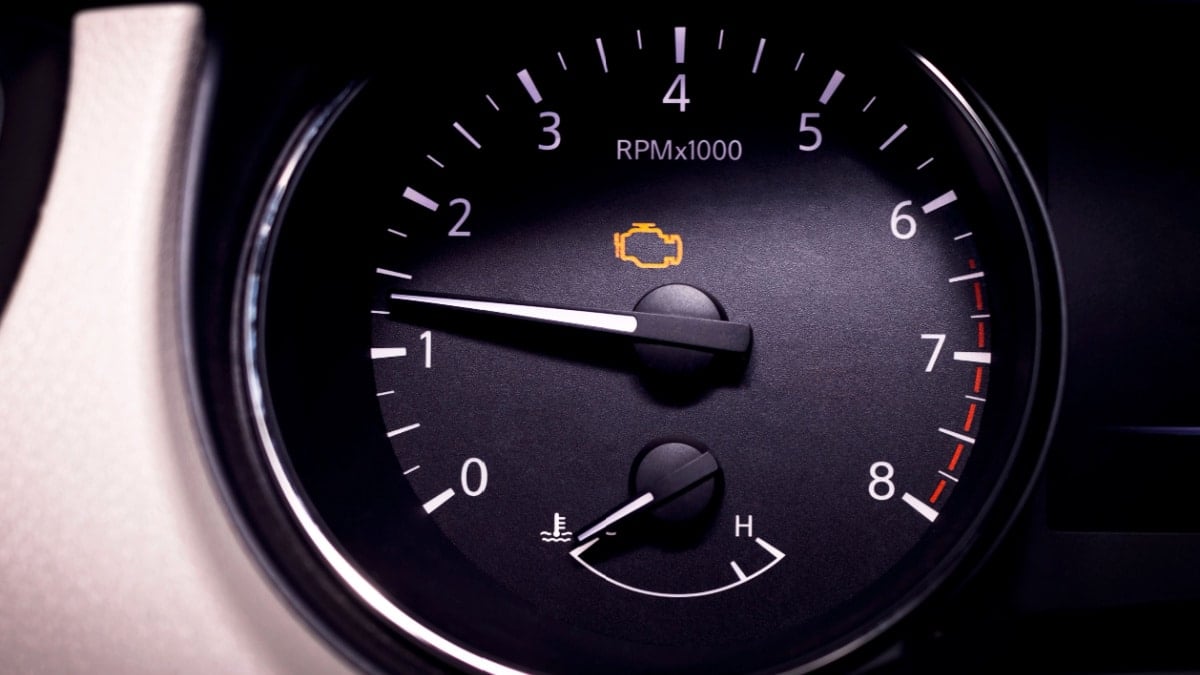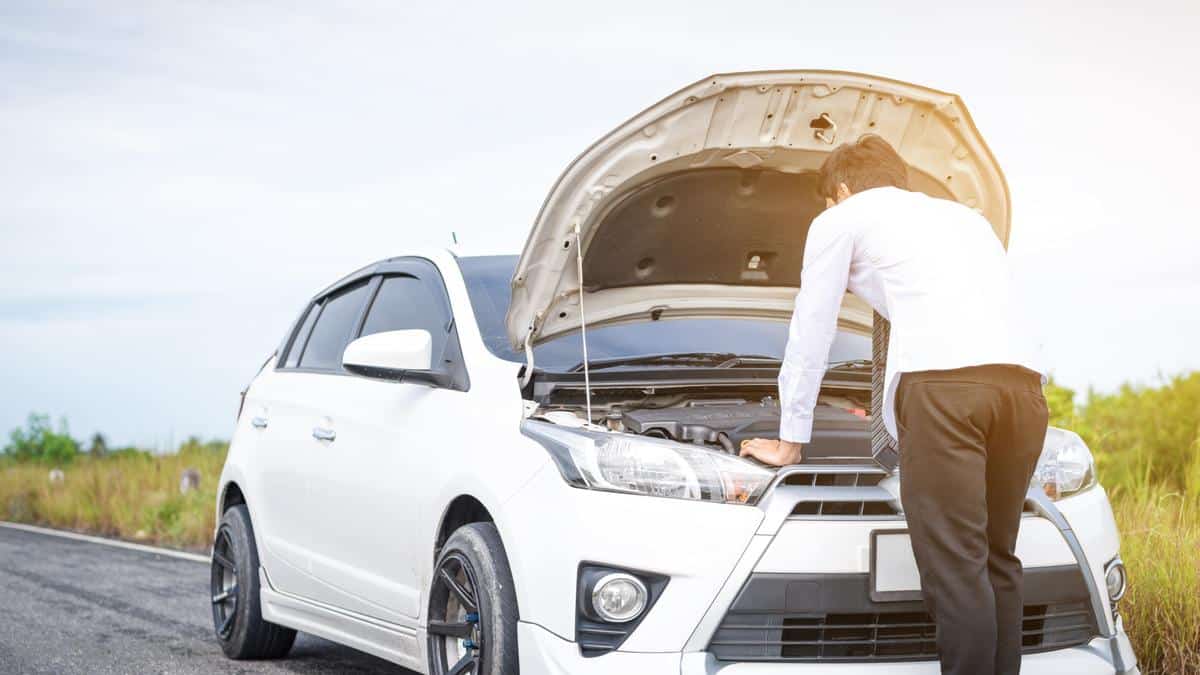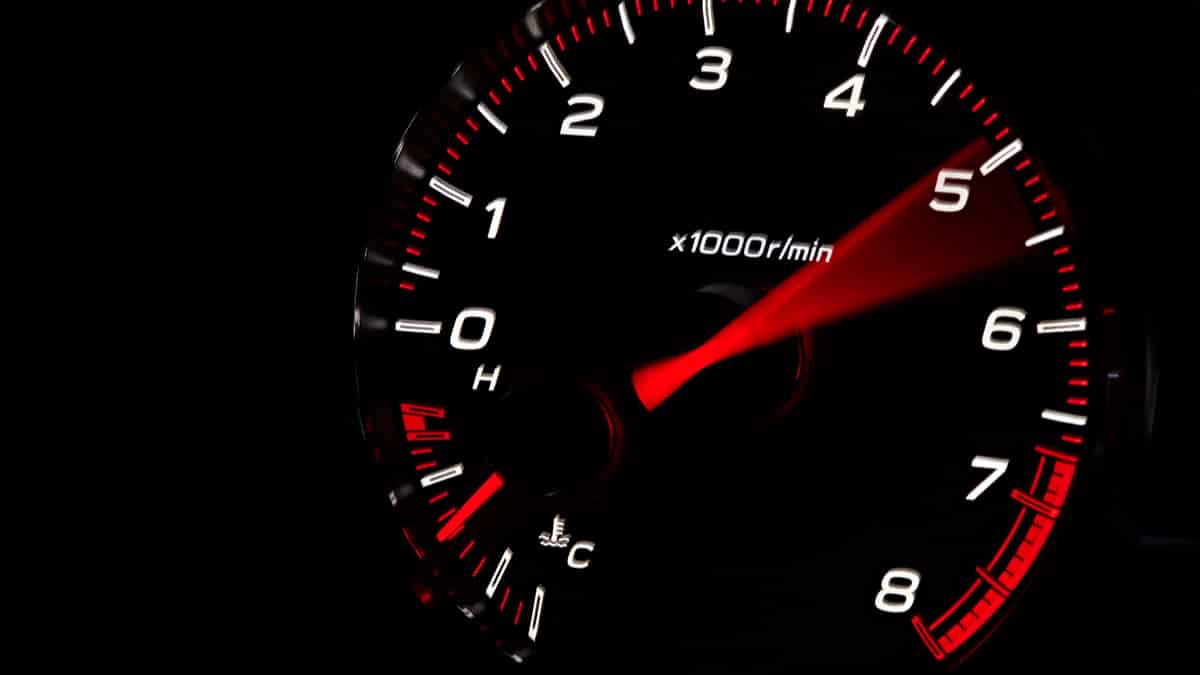When you hit the road, you expect a smooth ride, but that’s not the case when something malfunctions. However, it can be strange when the car shakes at idle but smooths out while driving. This predicament can leave a lot of people scratching their heads. You might also start to wonder if the vehicle is safe to drive at all.
I look at each of these issues to determine the appropriate fix. This guide also lays out the average cost of each repair.
Reasons Why A Car Shakes at Idle But Smooths Out While Driving
Shakes during idle that smooth out while driving can be caused by something as simple as bad motor mounts. It can also point to fouled spark plugs, worn belts and hoses, or a defective idle speed control system. Finally, you need to examine the fuel intake system to see if that’s to blame.
1. Bad Motor Mounts
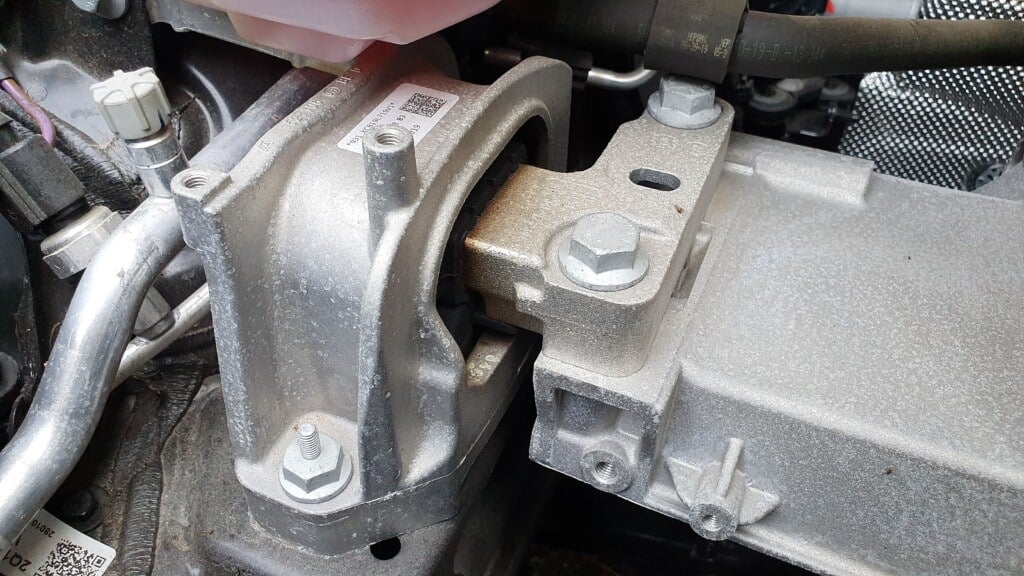
The motor mounts are responsible for securing your engine to the vehicle. When the mounts wear or break, it becomes impossible for the motor to remain still in the engine compartment.
This issue creates vibration, most often noticed while idling or stopped. If the shaking ends once you put your vehicle in Neutral, it’s a tell-tale sign that the mounts need to be replaced. You might also notice it less when the vehicle is moving.
2. Fouled Spark Plugs
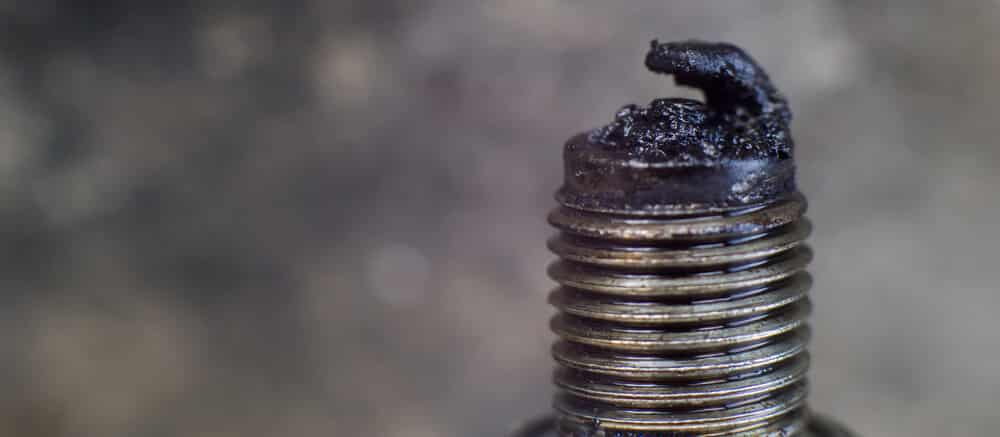
You may just need to replace the spark plugs. When these parts become dirty or fouled, firing occurs incorrectly. Because the fuel can’t ignite properly in the cylinders, the engine could start to misfire or shake.
This is one issue that could have been prevented. It’s best to change the spark plugs as part of your regular maintenance tasks, with appropriate intervals ranging from 30,000 to 150,000 miles, depending on the type of plugs you use.
RELATED: Car Shakes When Stopped or Idling? (Here’s How to Fix it)
3. Worn Belts/Hoses
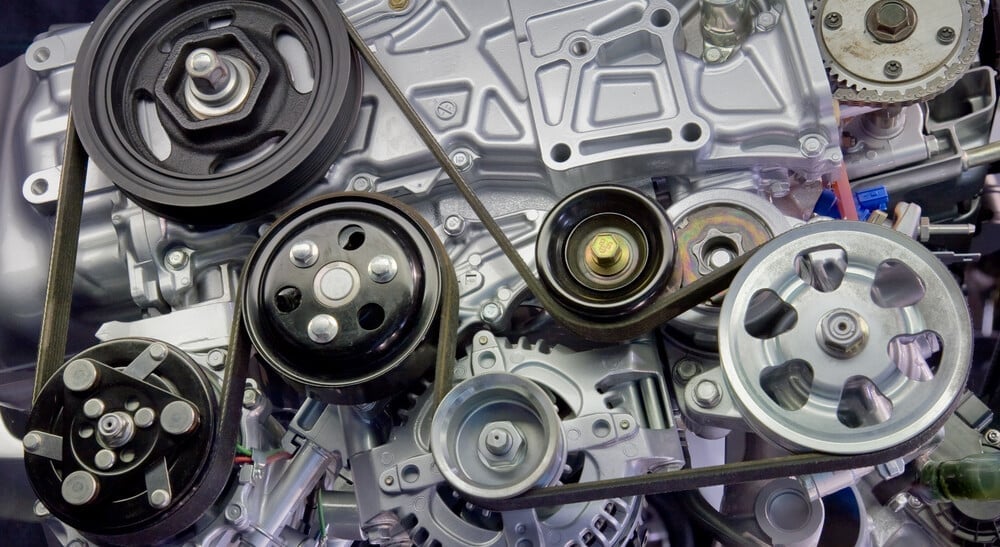
The vehicle contains numerous belts and hoses that need to be in perfect order for a smooth ride. Not only can a defective belt or hose cause vibration, but it can also lead to excessive noise.
Consider how valuable the serpentine belt is. If it becomes worn out or loose, it can cause more vibration and shaking, plus a worn belt can lead to damage to vital components if it breaks.
If the shaking occurring is violent, a vacuum hose might be to blame. It can also cause engine surging or hesitation, leading to reduced performance.
4. Defective Idle Speed Control or throttle body
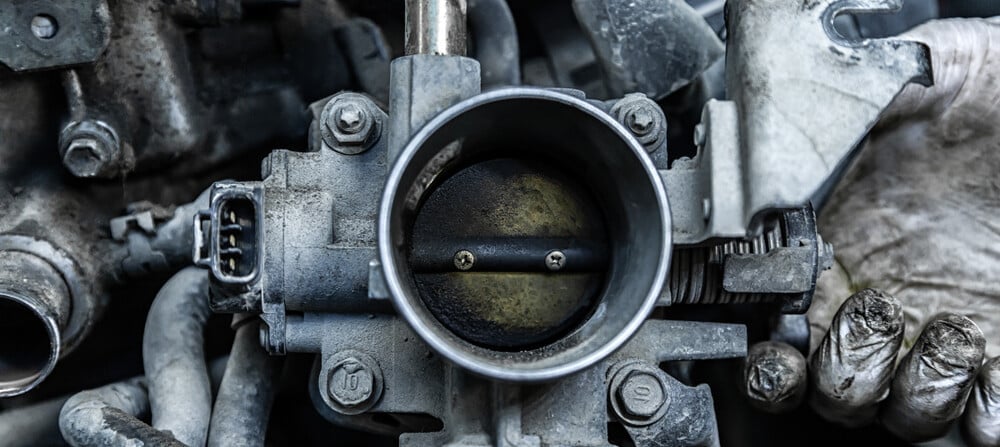
The majority of passenger vehicles are designed to idle between 600 and 1,000 RPMs. While running at this rate, the engine shouldn’t stall. It also ensures there is enough power to run the air conditioning and other accessories.
Some engines rely on an idle air control (IAC) valve. This device regulates the idle rotation speed of the engine. However, it can also become contaminated with carbon deposits, causing it to act erratically.
Not all vehicles contain an IAC. In fact, many modern cars use electronic control measures on the throttle body, so this option won’t be an issue for most people.
5. Malfunctioning Fuel Intake System
If the car is shaking or vibrating roughly during idle, the fuel intake system could be the problem. As you drive your vehicle, the fuel intake system takes a beating. It becomes dirty and contaminated. In extreme cases, the valves get clogged from all of the buildups.
If the valves are obstructed, the engine can’t receive a steady, constant supply of fuel. Instead, an uneven amount of fuel is supplied, leading to vibrations while idling.
Use an OBD2 scanner to check the trouble codes if you suspect that the engine is running badly on idle. This will help you to find the issue faster and cheaper. If there are misfiring trouble codes, you should definitely check the spark plugs and ignition coils.
How to Fix A Shaking Car at Idle
1. Replace Motor Mounts
If the engine moves a lot when idling, but the engine is running fine, there is a big chance that one or two motor mounts are bad. You can try to move the engine by pushing it in different directions to see if it feels loose.
To stop the shaking from a broken motor mount, it must be replaced. The cost to replace motor mounts is usually between $200 and $700. This cost varies based on the difficulty of getting to the mounts.
Motor mounts should cost around $50 to $150. The majority of the expense will be for the labor, which might add $150 to $550 to the total bill.
2. Clean/Change Spark Plugs
If your car is misfiring on idle, there is a big chance that the spark plugs are bad. If the spark plugs are dirty, you can clean them off. Use a spray-on cleaner meant for plugs and a wire brush to remove debris from the electrode.
However, for the cost, it might be better to replace contaminated spark plugs. For most vehicles, you can find spark plugs for between $5 and $25 each. The most expensive part of replacing plugs is the labor, especially if they are hard to reach.
3. Replace Worn Belts/Hoses
The cost to replace a worn belt or hose varies depending on what part is broken. For example, replacing a serpentine belt could cost $100 to $300. The belt alone might only cost $25 to $75, while the labor makes up $75 to $225.
In contrast, replacing a vacuum hose might cost $150 to $1,000. The price depends on where the vacuum leak is occurring and how difficult it is to get to.
4. Fix Idle Speed Control
It’s possible to clean the IAC, along with the throttle body. It’s often found on the intake manifold towards the rear of the throttle body.
If cleaning the IAC doesn’t work, replacing it is the only option. The total cost might end up being between $100 and $500. However, the parts usually make up $50 to $300 of the price.
5. Repair Fuel Intake System
Inspect the fuel intake system to determine what services are needed. It’s also wise to check the fuel pump during this examination.
Fuel induction services vary depending on the needs of the vehicle. Sometimes, a fuel induction cleaning is all that’s required. Other times, service is needed for the intake valves, throttle plate and intake manifold as well.
A full fuel induction service might cost $150 or more. To circumvent this cost, some people choose to use fuel injection cleaner, but that doesn’t always solve the problems.
Categories: Driving, Troubleshooting
